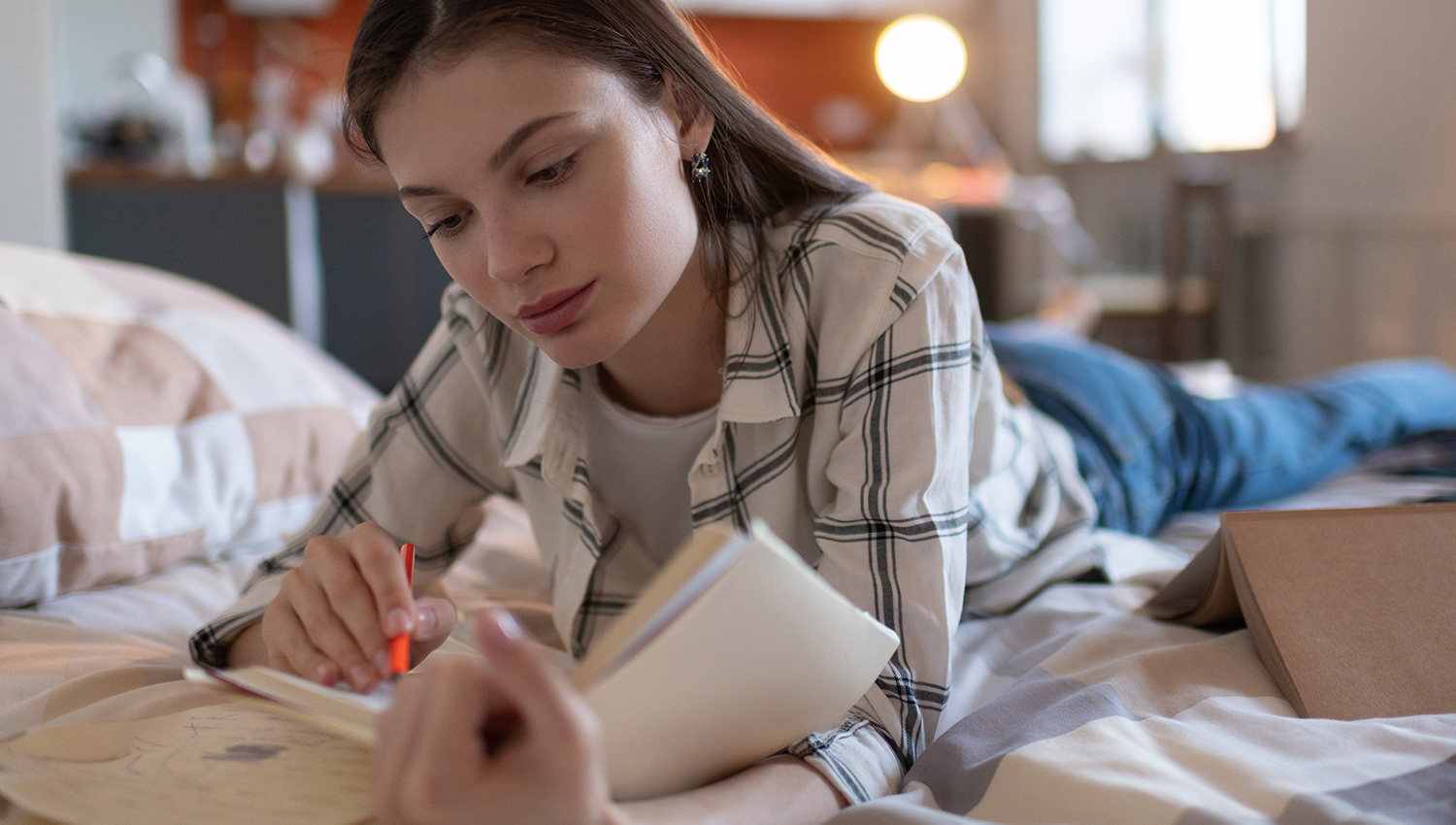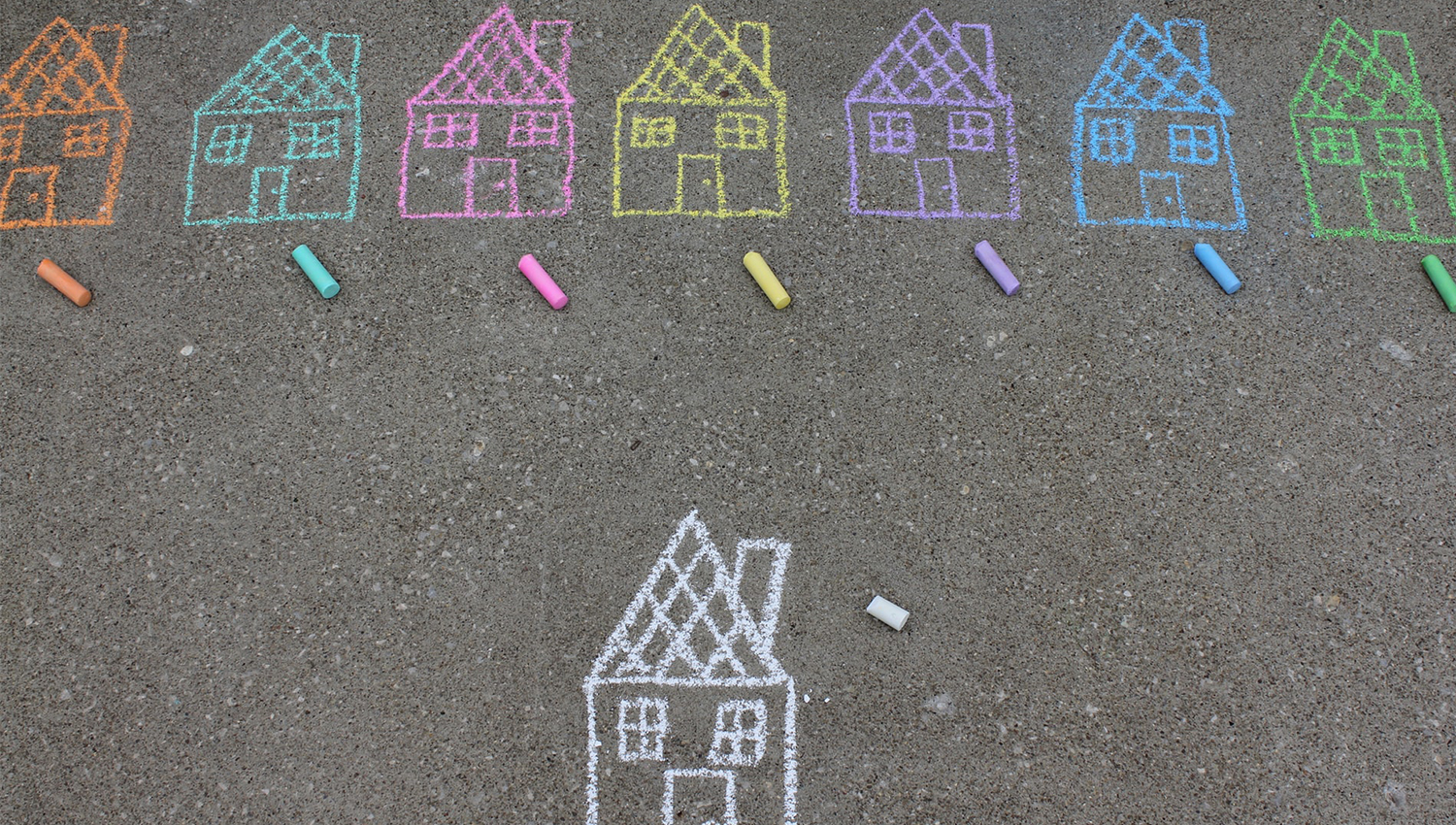Parenting and well-being specialists are producing some great resources for families to help steer them through what has been a very emotionally and physically draining few years.
COVID-19 lockdowns, extended learning-from-home periods and now the Ukraine conflict and Queensland floods are leaving many of us feeling quite bleak.
But the experts assure us there is much we can do – both for ourselves and our children – to keep ourselves buoyed.
The importance of acknowledging we are all in the middle of a difficult time, and taking steps to look after our mental health, is a common theme.
“No matter where you are living in 2020, 2021 (and now 2022!) living this strange thing called life has been crappy…,” Australian parenting educator and author Maggie Dent writes in a recent article.
“No one is doing fantastically well. Most of us have good days and bad days. This is normal.”
Resources to help support your children
- This article from ReachOut stresses the importance of children and parents acknowledging how they are feeling, prioritising self-care and focusing on what is within our control.
- Parentline shares some practical tips for how parents can ‘check in with your child’ about how they are feeling about big events. Find their advice in this story.
- In this article from The Conversation, three academics share advice about how to speak to children about the conflict in Ukraine.
- In her video Raising hopeful children in a 24/7 bad news world, Maggie Dent advises parents to limit children’s exposure to news coverage, have age-appropriate conversations with them about what has occurred and reassure them that natural disasters are statistically rare. “We are wired to recover from adversity, biologically wired to overcome these things and our children learn from us and our response.”
- The Queensland Health blog, Four ways you can help your kids deal with a natural disaster discusses ways to build up children’s emotional resilience.
- The Queensland Education Department has also compiled great advice for parents about how to support children’s wellbeing and mental health in a factsheet. (While the advice is tailored to COVID-19, the advice applies to other dissruptions as well.) Find the factsheet here.
- This article from Talking Families (an initiative of the Queensland Family and Child Commission) stresses the importance of re-establishing family routines. “Even when things are unpredictable, it is still important to try and keep a routine whenever possible. That routine may look different than it did before, but it is important for you, and the kids, to know what to expect next. In saying that, you also need to be ready to toss it out the window and go with the flow. How you respond in these scenarios goes a long way to showing your kids how to cope with change, uncertainty and (let’s face it) disappointment.”
- The Queensland Government has also produced a series of online children’s books about various adverse events – flooding, bushfires, cyclones, viruses – all featuring a pink bird called Birdie. Find them all here.
Looking after yourself
There are lots of free and confidential support services for parents.
- Family and Child Connect – a free, unlimited and confidential service that can connect you to the practical support you need to bounce back in tough times. Call on 13 FAMILY (13 32 64) or visit www.familychildconnect.org.au
- ReachOut – a national online mental health organisation for young people and their parents that provides practical support, tools and tips to help young people respond to life’s challenges and provides parents with knowledge and strategies to support their children. There is also a free one-on-one support program for parents if they would like individualised advice on how to support their teenager through a difficult period. https://parents.au.reachout.com/
- Parentline – Free counselling and support for parents & carers in QLD & NT 1300 30 1300
- Kids Helpline – a free, private and confidential 24/7 phone and online counselling service for young people aged 5 to 25. 1800 55 1800 or send a DM via their website www.kidshelpline.com.au
- Lifeline – a 24/7 crisis support and suicide prevention service provider. 13 11 14 https://www.lifeline.org.au





